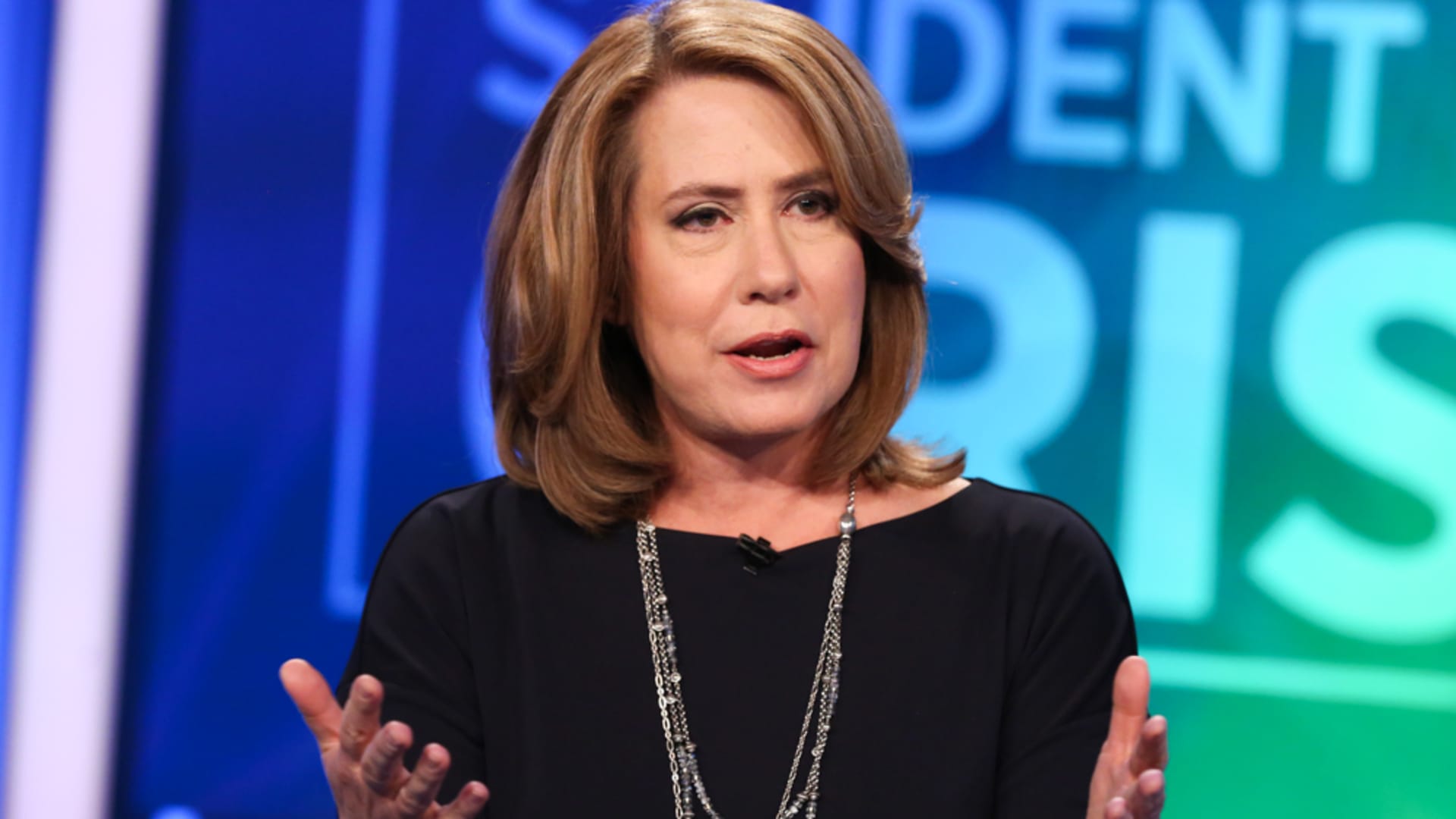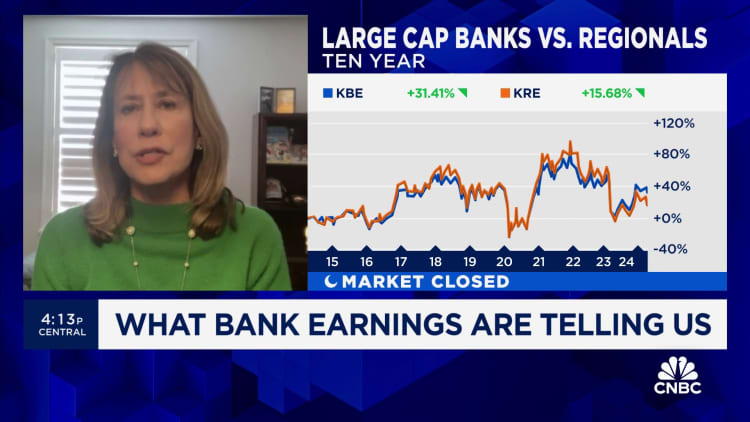History suggests that President Donald Trump’s new “Too Late” nickname for Federal Reserve Chair Jerome Powell has a strong chance of coming true, though he’d hardly be alone if it does.
After all, central bank leaders have a long history of being too reluctant to raise or lower interest rates.
Whether it was Arthur Burns keeping rates too low in the face of the stagflation threat during the 1970s, Alan Greenspan not responding quickly enough to the dotcom bubble in the ’90s, or Ben Bernanke’s dismissal of the subprime housing prices as “contained” and not lowering rates prior to the 2008 financial crisis, Fed leaders have long been criticized as slow to act absent compelling data showing them something needs to be done.
So some economists think Powell, faced with a unique set of challenges to the Fed’s twin goals of full employment and low inflation, has a strong chance of wearing the “Too Late” label.
In fact, many of them think nothing is exactly what Powell should do now.
“Historically, go back and look at any Federal Reserve, and I’m going back into the ’70s, the Fed is always late both ways,” said Dan North, senior economist at Allianz Trade North America. “They tend to wait. They want to wait to make sure that they won’t make a mistake, and by the time they do that, usually it is too late. The economy is almost always in recession.”
However, he said that given the volatile policy mix, with Trump’s tariffs threatening both growth and inflation, Powell has little choice but to sit tight absent more clarity.
Powell is in a no-win situation, with threats to both sides of the Fed mandate, “and that’s why he’s doing the exact right thing at this moment, which is nothing, because one way or another it’s going to be a mistake,” North said.
Trump wants a cut
Though Trump said the economy probably will be fine no matter what the Fed does, he has been badgering the central bank lately to cut rates, insisting that inflation has been slayed.
In a Truth Social post after the Fed decision this week to keep rates unchanged, Trump declared that “Too Late’ Jerome Powell is a FOOL, who doesn’t have a clue.” The president declared there is “virtually NO INFLATION,” something that was true for March at least when the Fed’s preferred inflation gauge came in unchanged for the month.
However, the president’s tariffs have yet to be felt in the real economy, as they are barely a month old.
Recent economic data do not indicate price spikes nor a perceptible slowdown in economic activity. However, surveys are showing heightened worries in both the manufacturing and service sectors, while consumer sentiment has soured, and nearly 90% of S&P 500 companies mentioned tariff concerns on their quarterly earnings calls.
At this week’s post-meeting news conference, though, Powell repeatedly voiced confidence in what he called a “solid” economy and a labor market “consistent with maximum employment.”
No ‘pre-emptive’ cuts
The 72-year-old Fed chair also dismissed any idea of a pre-emptive rate cut, despite what sentiment survey data is indicating about current conditions.
“Powell offered two reasons for not being in a hurry. The first – ‘no real cost to waiting’ – is one he may live to regret,” Krishna Guha, head of global policy and central bank strategy at Evercore ISI, said in a client note. “The second – ‘we are not sure what the right thing will be’ – makes more sense.”
Powell has his own particular history of being late, with the Fed reluctant to hike when inflation began spiking in 2021. He and his colleagues labeled that episode “transitory,” a call that came back to haunt them when they had to institute a series of historically aggressive hikes that still have not brought inflation back to the central bank’s 2% target.
“If they’re waiting for the labor market to confirm whether they should cut rates, by definition they’re too late,” said Joseph LaVorgna, chief economist at SMBC Nikko Securities and a senior economic advisor to Trump in his first term. “I don’t think the Fed is being forward-looking enough.”
Indeed, if the Fed is using the labor market as a guide, it almost certainly will be behind the curve. An old adage on Wall Street says, “the labor market is the last to know” when a recession is coming, and history has been fairly consistent that job losses generally don’t start until after a downturn has begun.
LaVorgna thinks the Fed is hamstrung by its own history and will miss this call as well, as policymakers unsuccessfully try to game out the impact of tariffs.
“We’re not going to know if it’s too late until it’s too late,” he said. “Economic history combined with current market pricing suggests there’s a real risk the Fed will be too late.”

 Finance1 week ago
Finance1 week ago
 Personal Finance1 week ago
Personal Finance1 week ago
 Finance1 week ago
Finance1 week ago
 Economics1 week ago
Economics1 week ago
 Economics1 week ago
Economics1 week ago
 Economics1 week ago
Economics1 week ago
 Accounting1 week ago
Accounting1 week ago
 Economics1 week ago
Economics1 week ago















